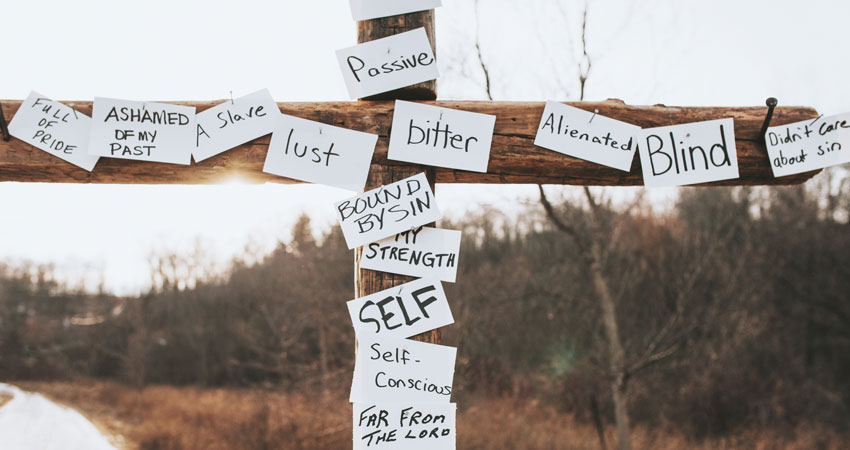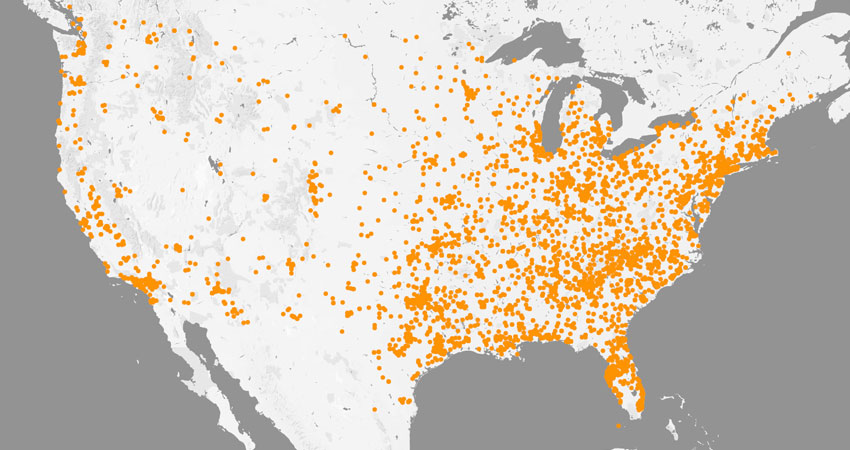Tucker Else
Not long ago, I was looking at some photographs by Tony Fouhse. He is an artist from Ottawa, Canada, and he had an exhibit at an Ottawa gallery depicting drug addicts in his native city. The pictures are striking. Matted hair, wrinkled and tired faces, torn clothing, and stories of pain and loss etched in the addicts’ countenances. And yet something is surprising in nearly all of the portraits: the eyes still gleam. There is still a glimmer of hope in these eyes that have, most assuredly, seen so much despair and brokenness.

Francis Schaeffer, the founder of L’Abri Fellowship in Switzerland, would have understood this paradox quite well: this misery mixed with beauty. He used the term “Glorious Ruins” for such people. The ruins are obvious to see in crack addicts…the glory needs to be searched for a bit. But the interesting thing about his use of the term Glorious Ruins is that it applied not just to those mired in addiction, but to all mankind. His rationale was plain. We all were born in the image of God (Genesis 1:27-28). Think of the glory of that! Made in the image of the Creator of the Universe! And yet we were all born into sin and misery (Psalm 51:5) through the desire to turn away from God (Romans 3:10, Isaiah 53:6). We are all broken, whether we realize it or not.
To help us understand this better, it is helpful to look at the nature of God rather than the nature of man. So instead of looking at how good I am compared to this crack addict, or that adulterer, or that thief, we look at ourselves in light of how we were made and how we were intended to live: we look at ourselves in the light of God’s holiness.
Isaiah 40 states:
“Who has measured the waters in the hollow of his hand and marked off the heavens with a span, enclosed the dust of the earth with a measure and weighed the mountains in scales and the hills in a balance? Who has directed the Spirit of the Lord or as his counselor has instructed him? Whom did he consult for his enlightenment, and who taught him the path of justice, and taught him knowledge, and showed him understanding? Behold the nations are like a drop from a bucket and are accounted as the dust on the scales . . . All the nations are as nothing before him, they are accounted by him as less than nothing!”
We, as sinful people, are in a predicament, because in regard to God the prophet Habakkuk says: “Your eyes are too pure to look on evil, and you cannot tolerate wrong.” So, compared to an opioid addict, I might consider myself to be pretty well off. But the Bible never asks us to compare ourselves to other people. We are exposed to the light of God Himself, and our own sinfulness is made all the more glaring.
That leaves us without hope, then, right? No, there is hope. Our hope comes in Jesus Christ. “If we claim to be without sin, we deceive ourselves and the truth is not in us. If we confess our sins, he is faithful and just and will forgive us our sins and purify us from all unrighteousness” (1 John 1).
We are purified through faith. We are made righteous. And Romans 3:22 states that “This righteousness from God comes through faith in Jesus Christ to all who believe.” Knowing your true identity, you will never look down upon those fellow image-bearers around you, but instead your heart will be moved to love others as you love God.
Tucker Else
Director of Undergraduate Ministry at Penn
 Tucker served as a pastor in Iowa for seven years. Prior to that he was a practicing attorney for an international bank (RaboBank). In preparation for pastoral ministry, he earned an MDiv at Covenant Theological Seminary in St. Louis. He received his JD from Drake University.
Tucker served as a pastor in Iowa for seven years. Prior to that he was a practicing attorney for an international bank (RaboBank). In preparation for pastoral ministry, he earned an MDiv at Covenant Theological Seminary in St. Louis. He received his JD from Drake University.
Tucker and his wife, Marchelle, have been married for 21 years. They have four children: Lauren, Tamrick, Brennan, and Kianna. He loves reading, music, sports, and visiting all of Philadelphia’s great neighborhoods. He takes delight in discipling students into a deeper love and affection for Jesus Christ.



